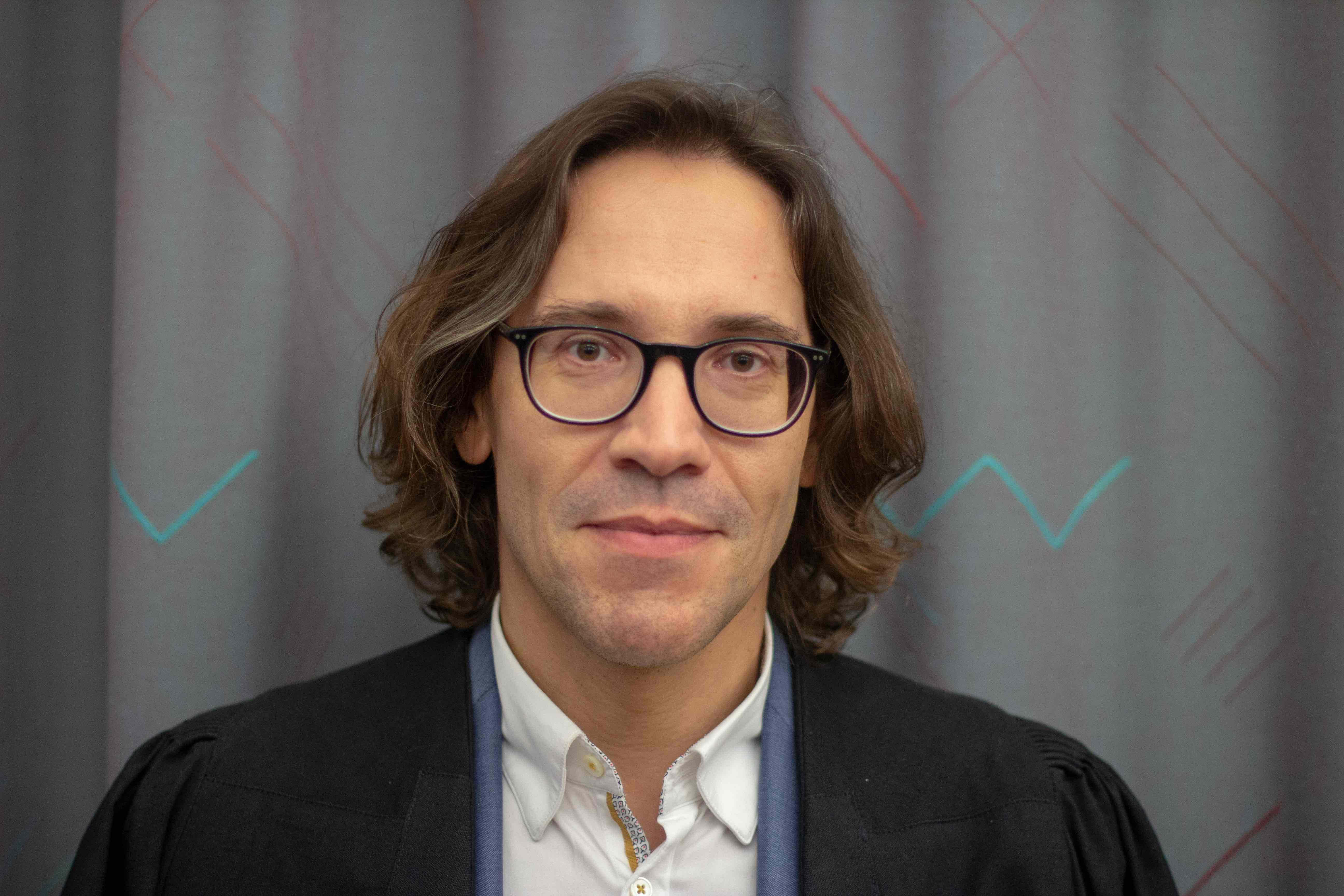Professor Alexei Lapkin, Sustainable Reaction Engineering, Department of Chemical Engineering and Biotechnology, University of Cambridge
Combining physical models with machine learning and robotic technology to develop clean chemical processes
The Department of Chemistry Presents, via Online Zoom Presentation: Professor Alexei Lapkin, Sustainable Reaction Engineering, Department of Chemical Engineering and Biotechnology, University of Cambridge
In speciality chemicals, agrochemicals and pharmaceuticals manufacturing chemical synthesis is characterised by poor observability of states, multiple phases, many synthesis and separation steps and many simultaneous criteria for success. As a result, hardly any commercial manufacturing process in these sectors could be judged to be ‘optimised’. Traditional PSE tools require a full set of input data and rigorous models, which will never be available for the types of chemical systems we deal with. Hence, our current focus is on hybrid methods of combining physical models with methods based on data - machine learning. To increase access to data we turn to automated experiments - robots, whereas to increase the usability of the data we turn to Bayesian sequential optimisation. In the talk I’ll give an overview of the emerging work flow and present some recent tools that are rapidly gaining acceptance, especially in industrial R&D.
Professor Alexei Lapkin's group is developing cleaner manufacturing processes within chemical and chemistry using industries, mainly focusing on liquid- and multi-phase catalytic and biochemical processes. Within the group they have pursued projects on developing functional materials for catalysts, adsorbents and reactors, design of multi-functional intensive reactors, modelling of reaction kinetics and integrated processes, linking reaction kinetics with computational fluid dynamics (CFD) and linking process modelling with life cycle assessment (LCA), integration of reactions and separation.
The current focus is on the development of innovative digital technologies to address sustainability challenges in the chemical industries. Work continues on developing machine learning methods and Big Data approaches to design of reaction pathways for circular economy. They are also actively pursuing development of machine learning and AI methods for process development.
Bio
Professor Lapkin received his Masters in in Biochemistry from Novosibirsk State University in Russia. He pursued his doctoral research in Chemical Engineering at the University of Bath, and subsequently started his independent there as Lecturer, Senior Lecturer and Reader. In 2009 he was appointed as a Professor of Engineering at the University of Warwick, and in 2013 as Professor of Sustainable Reaction Engineering at the University of Cambridge. His research group in Cambridge is focused on developing cleaner manufacturing processes within chemical and chemistry using industries. A few of the many group interests include development of liquid- and multi-phase catalytic and biochemical processes, developing functional materials for catalysts, adsorbents and reactors, design of multi-functional intensive reactors, and modelling of reaction kinetics and integrated processes, among many others. The group is currently particularly focused on the development of innovative digital technologies to address sustainability challenges in the chemical industries.
https://www.ceb.cam.ac.uk/directory/alexei-lapkin
This will be an Online Zoom Seminar.

